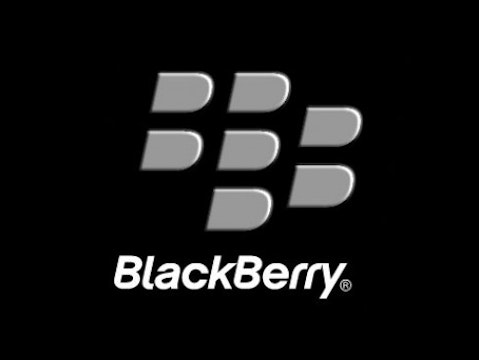Short squeezes often end with a bang. That happened Friday when Research In Motion Ltd (NASDAQ:BBRY) shares fell by a whopping 28%. At this point, the notion that BB10 will rejuvenate the Canadian handset maker seems far-fetched at best.
While BB10 is a solid mobile operating system, Google Inc (NASDAQ:GOOG) and Apple Inc. (NASDAQ:AAPL) appear to have the smartphone industry on lockdown for the foreseeable future.
BlackBerry’s disastrous quarter
The fall in Research In Motion Ltd (NASDAQ:BBRY) shares was prompted by the company’s terrible quarter. Analysts had expected BlackBerry to report a modest profit — instead, the company reported a loss of roughly $170 million.
Older Research In Motion Ltd (NASDAQ:BBRY) handsets actually outsold newer phones running BB10 — of which the company shipped only 2.72 million. Things were even worse for its tablet, the PlayBook, which isn’t going to get BB10, and thus will likely be discontinued.
The company is still sitting on a lot of cash — so this isn’t a case of impending bankruptcy.
But the lackluster reception of BB10 seems to squash the hopes of anyone betting on a BlackBerry renaissance.
Volume matters when it comes to operating systems
BB10 has a fundamental problem: volume matters when it comes to operating systems. By nature, they are heavily dependent on network effects, and thus, are likely to be dominated by just a handful of big players.
The more users a particular operating system has, the more developers are likely to code for that system. In turn, this means more software, and thus more users. This virtual circle allowed Windows to become the dominant PC operating system, despite the existence of a number of equally (or even more-so) competent rivals.
A lack of apps
Read any review of BB10, and you’ll inevitably come across one major complaint: a lack of apps.
BB10 supporters often counter by arguing that most of the big names are already there (Facebook, LinkedIn, Twitter) and that few people use more than a handful of apps on their phones.
Yet, the very existence of apps is the reason smartphones are useful in the first place. At the same time, while BB10 may have all the big names, new, popular apps such as Snapchat continue to appear.
But it isn’t just messaging apps. Rather, an entire new class of apps seems to be on the verge of widespread adoption, and operating system matters. There are apps to monitor your car — Automatic’s app monitors your driving style and helps you save gas. There are apps to control your home lights — Philips’ Hue does just that.
But if you want your smartphone to do these things, you’ll need an iPhone or an Android device. BB10 won’t cut it.
(To be fair, you can get Android apps on BB10 devices. But the process requires some technical know-how — the typical user won’t go through the trouble.)
Ultimately, someone purchasing a phone running BB10 has to be comfortable with the knowledge that many of the apps they might want won’t be there. At the same time, should new, revolutionary apps come along, they’ll have to wait quite a while to get them — if they ever appear at all. That’s a difficult proposition for any would-be buyer.






